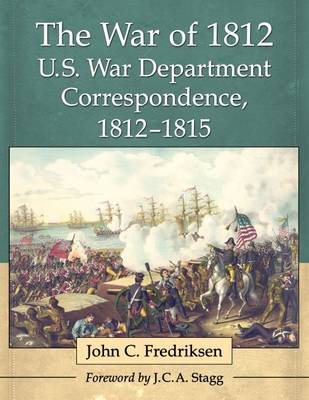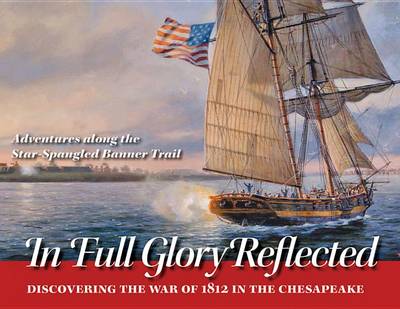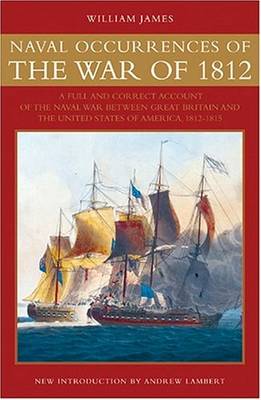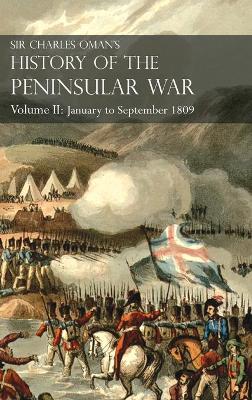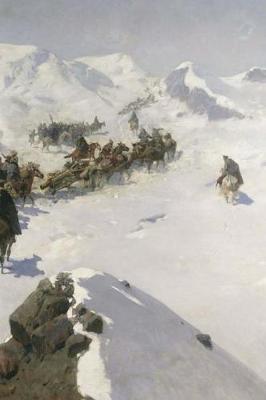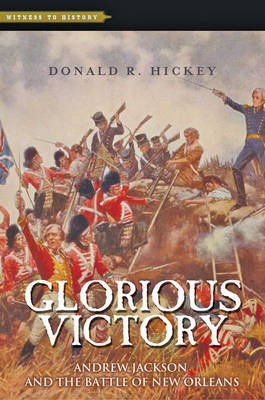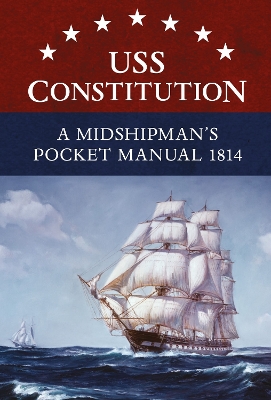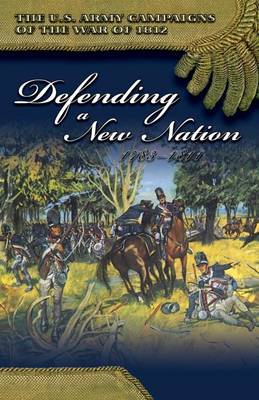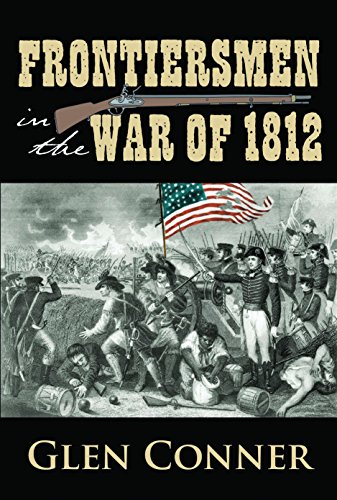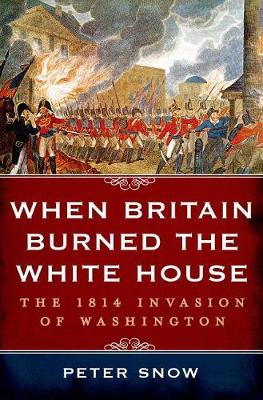The War of 1812 U.S. War Department Correspondence, 1812-1815
by John C Fredriksen
The War of 1812 saw the United States wracked by political dissent and saddled with a problematic military policy. The new nation notably failed in its attempted occupation of Canada in a bid to leverage better treatment from Great Britain but in two and a half years of fighting, there were American victories and defeats, none of which decisively altered events or advanced the national agenda. In the end, the grievances listed in President Madison's war message to Congress-British harassment of...
In Full Glory Reflected - Discovering the War of 1812 in the Chesapeake
by Ralph E Eshelman
All but forgotten by Americans, the War of 1812 (1812-1815) was a dramatic watershed for the young, groundbreaking United States Republic. Ill-prepared to fight the powerful English nation, the U.S. struggled through three years of conflict but emerged more unified with new patriotic symbols like the "Star-Spangled Banner." Much of the fighting occurred in the Chesapeake region and this new book, "In Full Glory Reflected", uncovers its gripping stories of devastating raids, heroic defense, galla...
All but forgotten by Americans, the War of 1812 (1812-1815) was a dramatic watershed for the young, groundbreaking United States Republic. Ill-prepared to fight the powerful English nation, the U.S. struggled through three years of conflict but emerged more unified with new patriotic symbols like the "Star-Spangled Banner." Much of the fighting occurred in the Chesapeake region and this new book, In Full Glory Reflected, uncovers its gripping stories of devastating raids, heroic defense, gallan...
English lawyer and historian William James wrote this book in 1817 to counter what he considered the bombastic, patriotic, and false version of the war put forward by American authors. To free the war from "American dross," James used his legal mind to pick through a wealth of evidence and came to the conclusion that "no American ship of war has, after all, captured a British ship of the same force." Many of the work's more controversial and vociferous passages were deleted or toned down for his...
Sir Charles Oman's History of the Peninsular War Volume II
by Sir Charles Oman
In August 1812, under threat from the Potawatomi, Captain Nathan Heald began the evacuation of ninety-four people from the isolated outpost of Fort Dearborn to Fort Wayne, hundreds of miles away. The group included several dozen soldiers, as well as nine women and eighteen children. After traveling only a mile and half, they were attacked by five hundred Potawatomi warriors. In under an hour, fifty-two members of Heald's party were killed, and the rest were taken prisoner; the Potawatomi then bu...
Whether or not the United States "won" the war of 1812, two engagements that occurred toward the end of the conflict had an enormous influence on the development of American identity: the successful defenses of the cities of Baltimore and New Orleans. Both engagements bolstered national confidence and spoke to the elan of citizen soldiers and their militia officers. The Battle of New Orleans-perhaps because it punctuated the war, lent itself to frontier mythology, and involved the larger-than-li...
USS Constitution A Midshipman's Pocket Manual 1814
by Eric L Clements
Launched in 1797, USS Constitution is a wooden-hulled, three-masted heavy frigate of the United States Navy. The Constitution's first duties with the newly formed US Navy were to provide protection for American merchant shipping during the Quasi-War with France and to defeat the Barbary pirates in the First Barbary War. She is renowned for her actions during the War of 1812 against the Britain, when she captured numerous merchant ships and defeated five British warships: HMS Guerriere, Java, Pic...
Defending a New Nation, 1783-1811 (U.S. Army Campaigns of the War of 1812)
by John R Maass
In the tradition of Margaret MacMillan’s Paris 1919 comes a new consideration of Canada’s most famous war and the Treaty of Ghent that unsatisfactorily concluded it, from one of this country’s premier military historians. In the Canadian imagination, the War of 1812 looms large. It was a war in which British and Indian troops prevailed in almost all of the battles, in which the Americans were unable to hold any of the land they fought for, in which a young woman named Laura Secord raced over t...
Popular memory of the War of 1812 caroms from the beleaguered Fort McHenry to the burning White House to an embattled New Orleans. But the critical action was elsewhere, as Richard V. Barbuto tells us in this clarifying work that puts the state of New York squarely at the center of America's first foreign war. British demands to move the northern border as far south as the Ohio River put New York on the first line of defense. But it was the leadership of Governor Daniel D. Tompkins that distin...
As heard on BBC Radio 4's Book of the Week. Shortlisted for the Paddy Power Political History Book of the Year Award 2014. In August 1814 the United States' army is defeated in battle by an invading force just outside Washington DC. The US president and his wife have just enough time to pack their belongings and escape from the White House before the enemy enters. The invaders tuck into the dinner they find still sitting on the dining-room table and then set fire to the place. 9/11 was not t...
